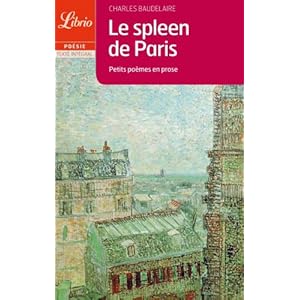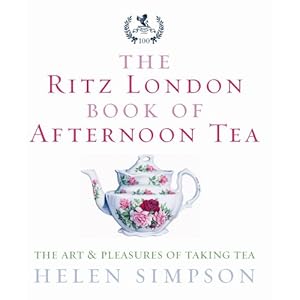--The blurb--
"Billy Casper is a boy with nowhere to go and nothing to say; part of the limbo generation of school leavers too old for lessons and too young to know anything about the outside world. He hates and is hated. His family and friends are mean and tough and they're sure he's going to end up in big trouble. But Billy knows two things about his own world. He'll never work down the mines and he does know about animals. His only companion is his kestrel hawk, trained from the nest, and, like himself, trained but not tamed, with the will to destroy or to be destroyed."
--The review--
When the film Billy Elliot hit British cinemas at the turn of the last century, for many the story of a little Northern lad with a tough background who was only trying to go against the grain and be true to himself proved to have a lasting impact. However, Lee Hall's screenplay was not the first to revolve a hit story around this topic: those a couple of generations older will have been reminded of the hero of Barry Hines' A Kestrel For A Knave, Billy Casper, who was later immortalised by David Bradley in the film of the novel (entitled Kes) in 1969. Other details of these two works are also shared, including the background of "the pit" and the array of unsympathetic adults who as a literary device serve to make the protagonist's plight even more powerful.
Initially the structure of A Kestrel For A Knave seems a little bewildering: there are no chapters, and the strong Northern England dialect can be tricky to adjust to. It is a point of interest that in the author's note, which was written many years after the novel's publication, Hines states that he would not have written the novel in this dialect (perhaps to make it more accessible to readers; in the making of the film, he says, actors added in the dialect automatically). However, I do not believe that writing the novel's dialogue in Standard English would have improved it; to the contrary, it helps hugely in building up the sense of atmosphere and location, and the interspersion of this dialect with the Standard English descriptions makes for satisfying variation.
A further contrast is found when comparing the brutality of the dialogue and the situations Billy finds himself in with the soaring beauty of Hines' descriptions of the surrounding countryside and of the time Billy spends with the kestrel that he has hand-reared. This combination, when built up over the pages, is in the end explosive and makes the conclusion and dream sequence even more poignant. While it all could have so easily become a schmaltzy or unworkable novel, what we have instead is potent, moving, articulate, gritty, and simultaneously complex and accessible, providing within itself lessons and entertainment for adult and child readers alike.
Other works by Barry Hines
The Blinder (1969)
First Signs (1972)
The Gamekeeper (1979)
Unfinished Business (1983)
Two Men From Derby/Shooting Stars (1993)
The Heart Of It (1995)
Elvis Over England (1998)
The Price of Coal (2005)
This Artistic Life (2009)












